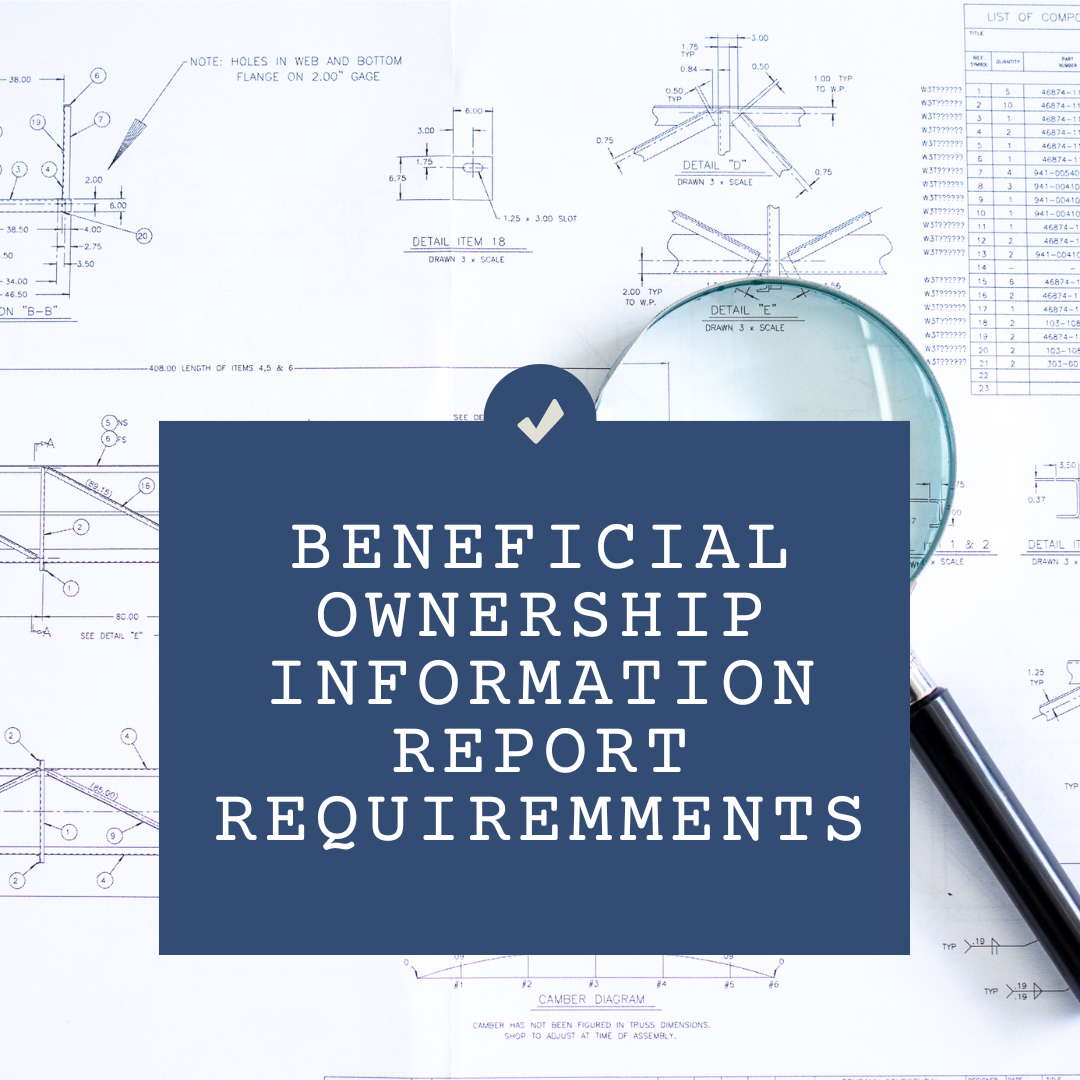THE LEGAL ESSENTIALS FOR CREATIVE SMALL BUSINESSES.
Most of this blog post comes from the book Unf*ck Your Biz. Join us on our journey to build a chill vibes business.
get the free download
It includes:
Chapter 10 - Your Legal Rx
Small Business Blueprint
Trademark Process Guide
We’ve got more.
For sure download the freebie above, but note that we have even more blogs and podcasts below.
I WROTE A WHOLE-ASS BOOK
I never thought people would be jazzed about reading a book on law in tax, but the reviews are in! And most read something like "I read this whole book, and I didn't hate it, and now I know stuff.
But for real, it walks you through my full "Unf*ck Your Biz Framework" - something I created for my first course, which was $2,000 and saw over 70 graduates - and is like the A to Z guide to get you started.
“I never thought I would say I enjoyed reading a book on taxes, but I definitely did. Braden’s wit and spunk made this, often times, traumatic topic of taxes, actually really fun and enjoyable. He put into perspective the proper ways of filing your taxes, as well as covering if you should become an LLC, S Corp or sole proprietor, for small business owners. It was jam packed with knowledge and key tips that I have already put into effect in my own business! I’m so thankful that Braden has decided to share his knowledge and help us small business owners. Highly, highly recommend reading this book and getting your legal stuff figured out!”
- Kelsey, Owner of Kelsey Rae Designs

















